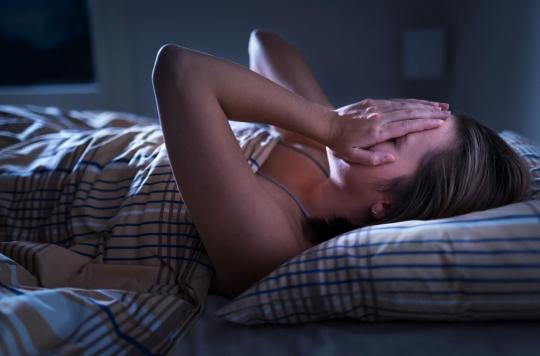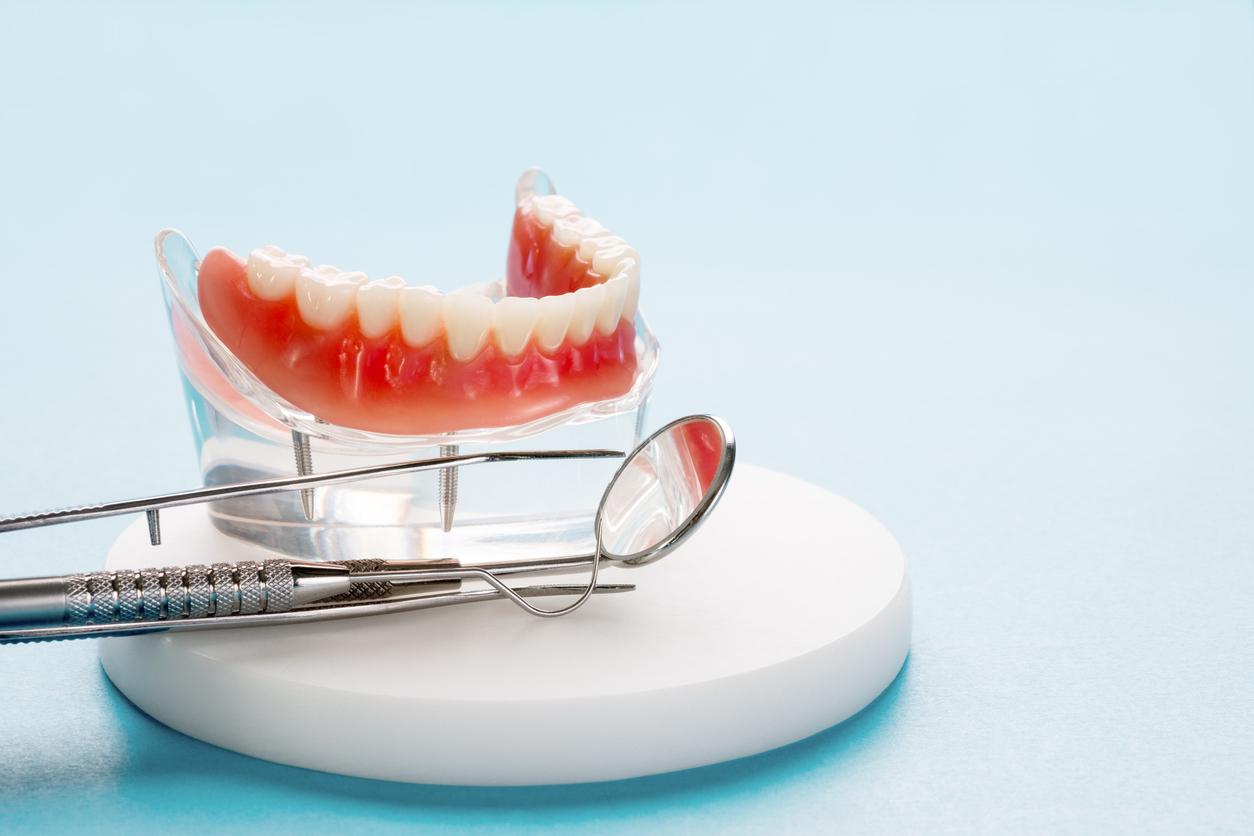People infected with the coronavirus are likely to have more bad dreams than others.

- Symptoms of anxiety, depression and post-traumatic stress were greater in people affected by Covid-19 than in others.
- Scores for quality of life and health as well as well-being were significantly higher in controls than in participants with coronavirus.
What if Covid-19 haunted our dreams? This was suggested by an international group of researchers in work published in the journal Nature and Science of Sleep. The scientists decided to carry out this research between May and July 2020 after making an observation. “A number of studies have demonstrated that the pandemic has severely affected sleep and dream activity in healthy people. To date, no studies have specifically examined dream activity in patients with Covid-19”, can we read in the works. For the purposes of the study, sleep specialists examined and compared the frequency of dreams and nightmares of 544 patients suffering from Covid-19 and 544 healthy people.
Teleworking in question?
The authors found that the volunteers reported greater dream activity during the pandemic. Comparisons between controls and participants with Covid-19 revealed that patients affected by the infection had more nightmares than other volunteers at this time. According to the results, the frequency of bad dreams was 50% in patients affected by the coronavirus and 35% in others.
“Before even reporting nightmares, people tended to remember their dreams more since the start of the pandemic than before the pandemic. This could be because working from home has allowed many to get up later, and that it’s mainly in the morning that we dream, during what we call REM sleep. And if we remember our dreams more, then the chances are greater that we pick up a nightmare through that, because that everyone has nightmares at one time or another,” said Charles Morin, researcher at the School of Psychology in Laval (Quebec) and co-author of the study.
Nightmares related to the severity of the disease
Scientists have also found that the severity of the coronavirus impacts dream activity. Patients with a severe form of the disease were more prone to nightmares than people with a mild form of Covid-19. According to Charles Morin, seriously ill patients had to isolate themselves for 14 days or were hospitalized, which can be traumatic. “We know that events of this type increase the frequency of nightmares. (…) What happens at night is a direct extension of what we experience during the day”, he explained.
.















